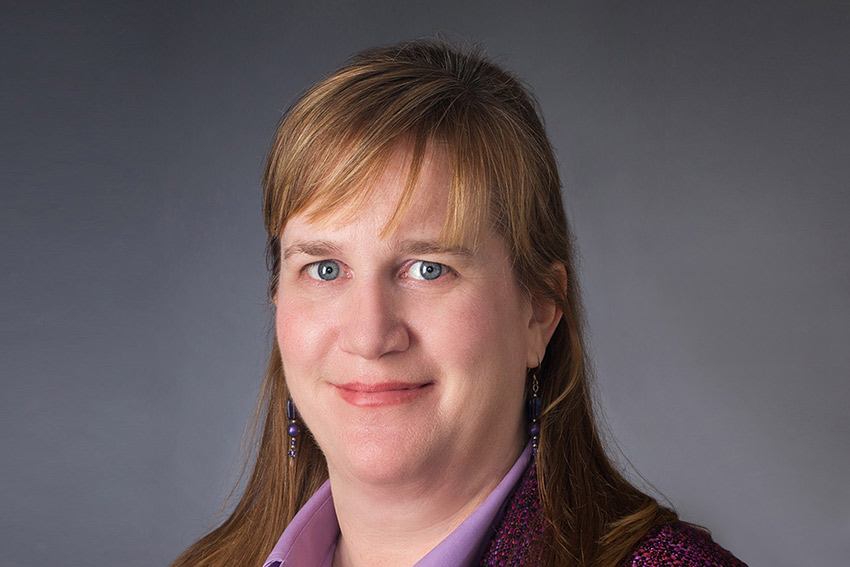By Stephanie Thompson

Name: Marilyn Anderson
Course Certificate: E-Discovery and Litigation Technology
Originally a database administrator for an Internet technology firm, Marilyn Anderson regularly worked with customer service, sales and accounting applications, and learned a lot about the various computer programs each team used while on the job. When her husband graduated from law school in 2004 and started working at a small criminal defense law firm, she found herself stepping in to help him with a large white-collar accounting fraud case. They ended up collecting over a terabyte of data for the case (a lot for the time). Soon after, her husband convinced the partners to hire her. She was that rare person who understood how databases work and could learn software applications quickly. In 2010, she left to go to Wendel, Rosen, Black & Dean LLP, where she is a Litigation Support Specialist.
Tell us a little bit about yourself.
I work at Wendel, Rosen, Black & Dean LLP, a medium-sized law firm in Oakland, California. The firm was founded in 1909 and is one of the oldest and largest law firms east of the San Francisco Bay, with clients nationwide. In July 2003, Wendel Rosen became the first law firm in the country to gain third-party certification as a Green Business. We occupy the top floors of an office building with gorgeous views in all directions—San Francisco Bay, Oakland Hills, Lake Merritt and downtown Oakland and San Francisco. I bicycle commute to work, so it is a very nice situation location-wise as well as a challenging and friendly atmosphere at the office. A lot of the attorneys and staff have been here for decades.
Why did you decide to study at Extension?
My manager wanted to take the class with me. As cases become more complex and the amount of E-Discovery grows, we needed to get our firm to adopt the technology required for case management, document review, and mediation/trial presentations. We both wanted to have more input and oversight for cases from start to finish.
What have you learned in your class?
There are a lot of phases to E-Discovery. It was helpful to learn new things that I’m not normally involved in, and to brush up and reinforce other things I already know how to do. The discussion room with the other students was valuable in learning how other law offices work.
Courts and law are catching up to the available technology, and it was impressed on us how very careful you have to be when handling electronic documents. You have to cast a wide net to make sure you get all the documents the other parties have asked for. There are new rules and ethics that are important for your own firm’s protection as well as the benefit of the client.
What advice would you give to incoming Extension students?
Be prepared for a lot of assignments and to work with software technology that you will have to install on your home computer or laptop. Here we use Concordance, CaseMap, TextMap, TrialDirector, and other database platforms depending on the size of the case and the technical knowledge of the attorneys.
How has your experience at Extension improved your career?
I really enjoy taking classes and seminars on the latest developments. We are forming a technology committee at our firm to include attorneys, IT and staff like myself. One of our attorneys is taking this Extension program right now so we’ll be able to talk at the same level.
What advice do you have for anyone aspiring to work in E-Discovery?
The E-Discovery field has grown so much in the last 10 years and there are many new applications to learn. I recommend learning how to process, review and produce documents with one of the many new applications out there. Concordance and Summation are no longer state-of-the-art. Relativity is probably the most widely used and complex database in terms of analytics.
Perhaps working for an E-Discovery vendor would be a good place to start to learn some of these applications and the whole EDRM model from preservation to collection to production and trial presentation. I don't think paralegals necessarily learn the EDRM model in school and it is probably more difficult these days to get hired into a law firm without relevant experience. I was fortunate to have my husband vouch for me early on and get me in the door.
Learn more about the E-Discovery and Litigation Technology online certificate program on our website, or contact the department at unexlaw@ucsd.edu or (858) 534-8164.